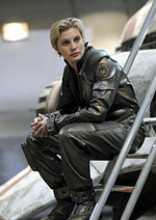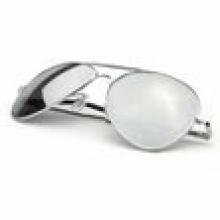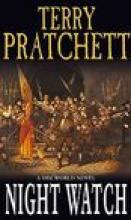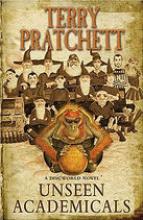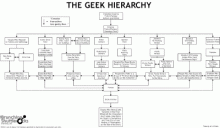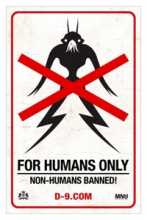Telepathy, Or the Next Best Thing
Fans of Jean Grey, Charles Xavier or simply talking without moving your mouth (ventriloquists not included), rejoice: telepathic technology has been discovered.
So it’s not as cool as being born with a mutant gift (or curse, depending if you follow the films or the comics…), and it doesn’t include the ability to make your own scifi Hoveround or throw chairs at people at town hall meetings with your brain. But it does prove that communication using only your mind is possible.
Created by a team of British scientists at the University of Southampton, the technology is said to be a system that will “allow people to send thoughts, words and images directly to the minds of others, particularly with a disability.” This includes people who are mute or cannot communicate otherwise.
And as cool as that is, it’s totally going to render Law and Order: Criminal Intent interrogation techniques moot. One blink for yes, two blinks for no just isn’t going to cut it anymore.
The creators also insist that this technology is going to be the future of global communication, allowing people to converse without keyboards, telephones, or texting one another as they swerve to avoid head-on collisions. Hooray!
And though they also concede that their system will allow people to communicate through their minds alone, it will be years before it’s actually developed to that advanced level—so no cheating on Calculus exams by sheer mind sharing yet.
To create this technology, the team used brain-computer interfacing, which is a system that uses computers to decode the signals that a person’s brain creates during communication. These signals are then sent through the computer, via an Internet connection, to another person’s brain.
Let’s face it, if Jean had needed a computer to transmit her thoughts around, Professor X would have been in deep s*** a number of times.
One of the scientists on the team, Dr. James, admits that the process isn’t telepathy—and that the person on the receiving end of the message still isn’t able to know that a message is being sent to him or her in the first place yet. That technology is still being worked on.
Still, you have to admit, computers needed or not it’s no tin can telephone. It’s stories like this that make you wonder if technology like the stuff Jim Carrey and Kate Winslet used in Eternal Sunshine of the Spotless Mind will actually ever be available. If so, I’m sure there’s a handful of exes that we’d all be happy to erase.


